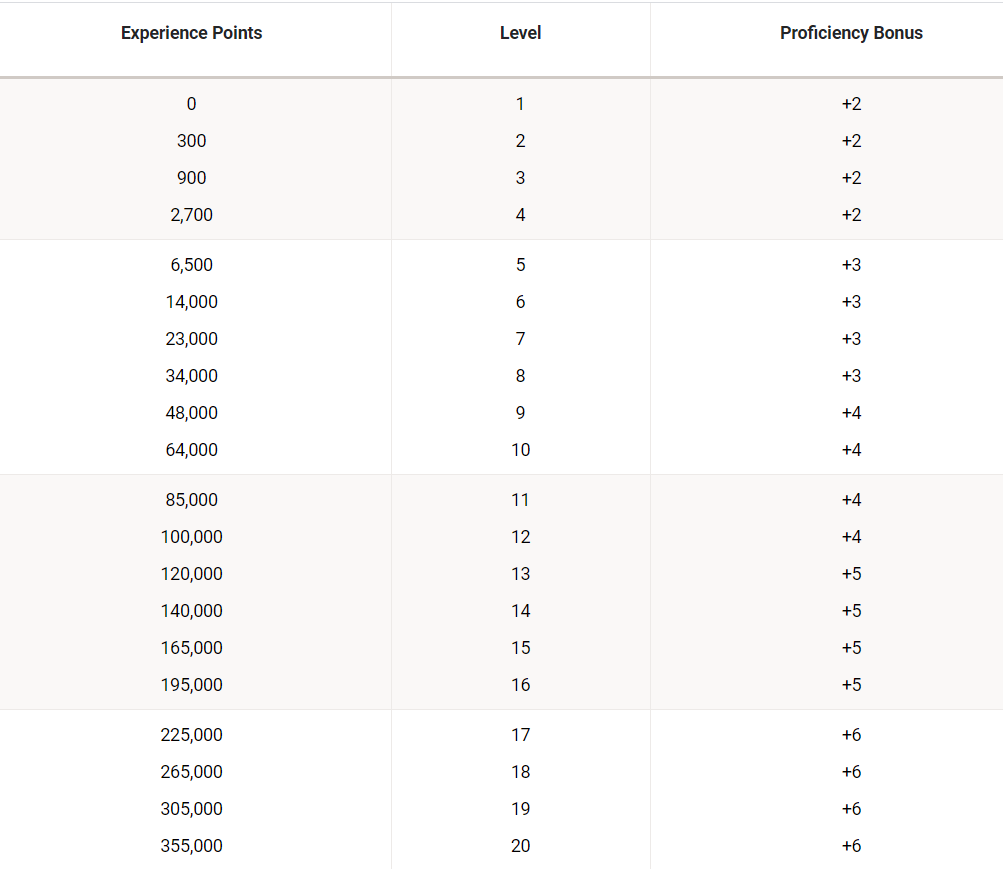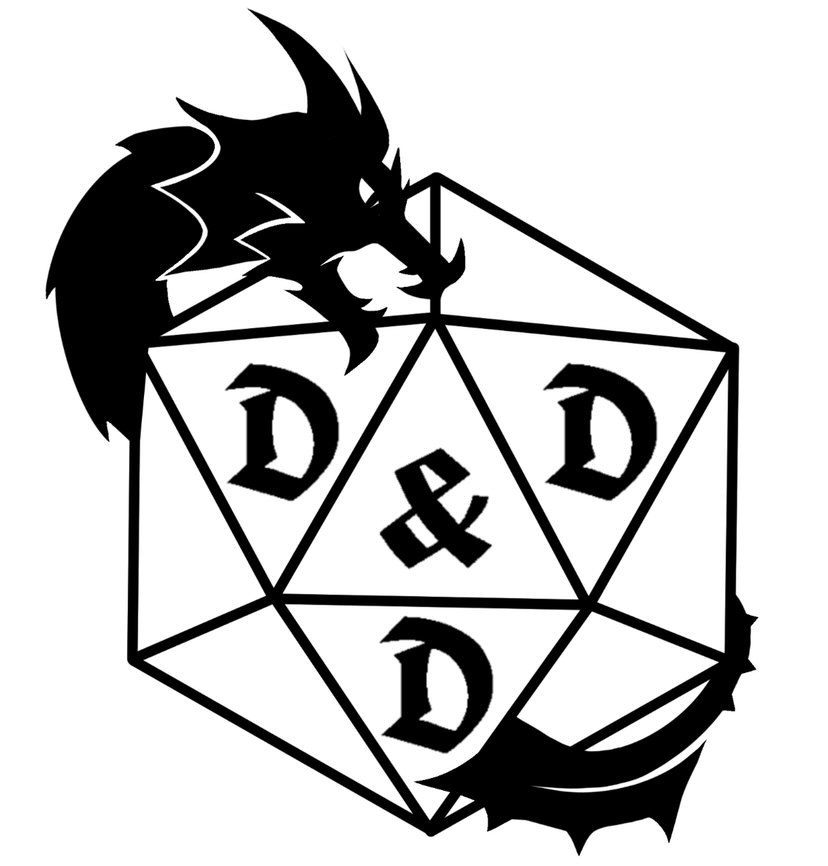Disclosure: The “Player’s Handbook” and “Dungeon Master’s Guide” links in this article are affiliate links, meaning, at no additional cost to you, I will earn a commission if you click through and make a purchase.
Leveling up in D&D is one of the most rewarding things that can happen to a player.
You unlock new abilities, gain some more HP, and just feel that much more awesome as your character.
…But actually managing to reach that next level can be a little complicated — for players and DMs alike.
The issue is that the core rulebooks (the Player’s Handbook and the Dungeon Master’s Guide, to be specific) for Dungeons and Dragons 5e lay out a few different ways that PCs (and, sometimes, NPCs) can go about leveling up, and it may be difficult for new DMs to choose which one is right for them and their table.
- Check these out:
The possible leveling up methods laid out in the Rules as Written are Experience Points and Milestones.
Experience Points
Experience Points, or XP, is awarded to players whenever they successfully dispatch of a monster. All Monster Manual monsters include an XP amount, which is divided equally among the players (and participating NPCs!) at the end of the battle.
The Dungeon Master’s Guide also notes that XP can be awarded for noncombat encounters, such as successful negotiations with royalty, escaping a puzzle room, or avoiding capture following a harrowing chase sequence.
However, it is up to the DM to determine the difficulty of these noncombat encounters and just how much XP to award to each character for its successful completion.
Here’s the Player’s Handbook chart that shows just how much XP a character needs to have in order to level up. (Keep in mind that XP stacks as you level up, so you don’t get reset to 0 once you reach level 2 — you start at 300):

Milestones
So, there’s actually some confusion in the D&D community about Milestone leveling. Most use the term to describe a system that throws out XP altogether and just lets DMs level their party up when they feel that they deserve another level.
This can be at the end of a story arc, or at a thematically fitting moment following a big fight. The confusion, however, is that the Dungeon Master’s Guide links “Milestones” to XP, using these moments as a way to award additional XP to characters who are leveling up through that system.
The DMG also offers the option of giving characters additional benefits once they’ve hit milestones, like an instant short rest, a spell slot back, or regained uses of a magic items that have been expended for the day.
What most people consider to be “Milestone” leveling is actually what’s written in the DMG as “Level Advancement without XP.”
This offers the option of either Session-based Advancement, which ties leveling directly to the number of sessions that a group has played together, regardless of what is completed within the game or where the characters are at in the story.
The second is Story-Based Advancement, which is when characters level up after “accomplishing significant goals in the campaign.”
So which to use?
I personally use Milestone leveling — Story-based Advancement, to be specific — mostly because I can’t be bothered to look up the XP of every monster I send the party’s way, or of coming up with a suitable XP value for homebrew monsters or noncombat encounters.
I also enjoy the fact that the defeat of a really difficult enemy, the arrival in town after a grueling survival sequence, or the end of a significant story arc can be topped off with the announcement of a new level — something that you can’t really do with XP leveling.
The one caveat is that using XP allows characters to level up at different paces, meaning that the PCs who show up to every session will start to gain a few levels up on their chronically absent companions.
This could be both a good and a bad thing, as noted in the DMG: “A gap of two or three levels between different characters in the same party isn’t going to ruin the game for anyone. Some DMs treat XP as a reward for participating in the game, and keeping up with the rest of the party is good incentive for players to attend as many sessions as possible.”
However, it also noted that you can still award absent players XP to keep the group at the same level, because “few players will intentionally miss out on the fun of gaming just because they know they’ll receive XP for it even if they don’t show up.”
No matter which kind of leveling system you decide, it should be chosen prior to the campaign and discussed at a Session 0 so that your players know the type of campaign they’re going to be a part of.
Let us know what kind of leveling system you use in your games (and why) in the comments below!
- Check these out:

